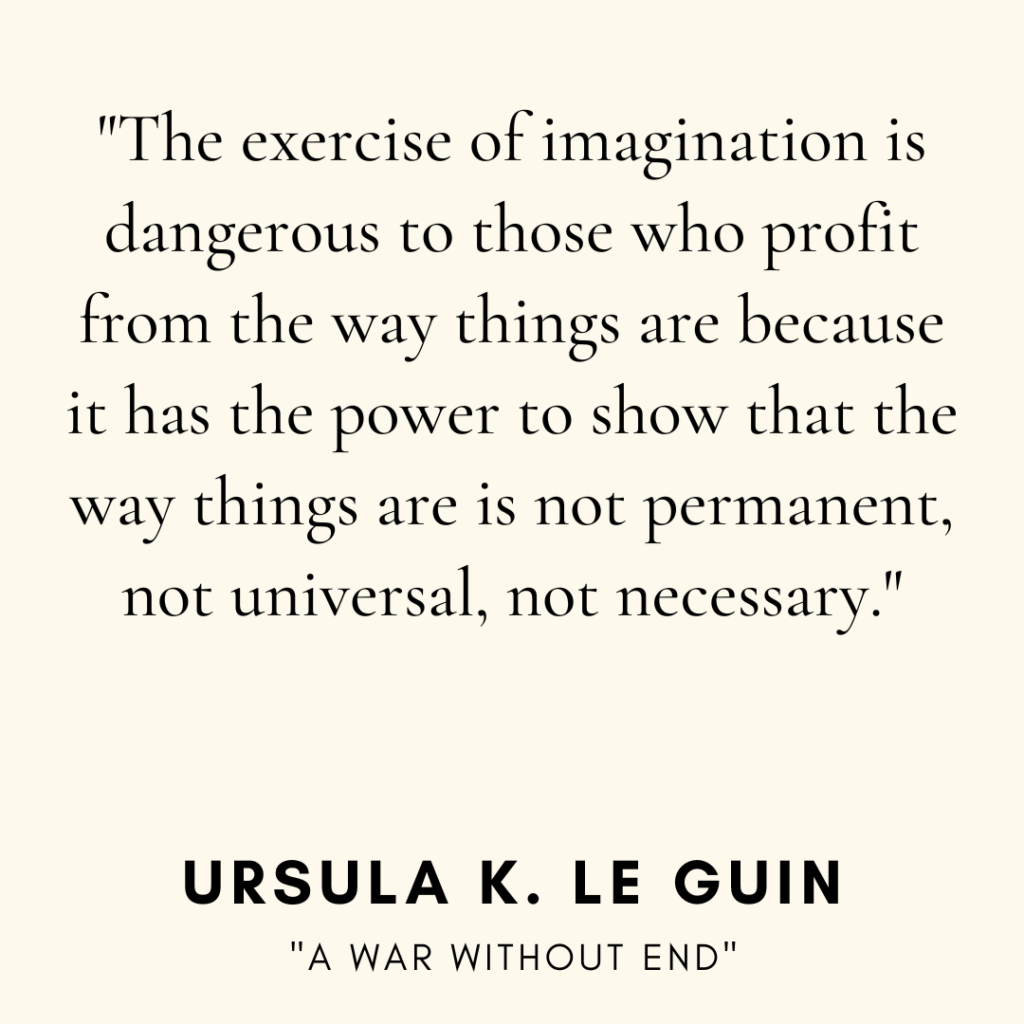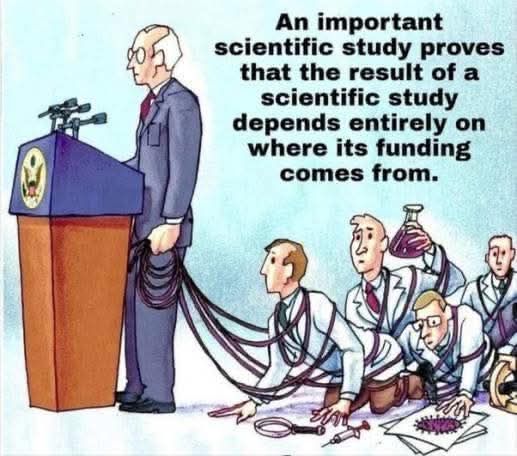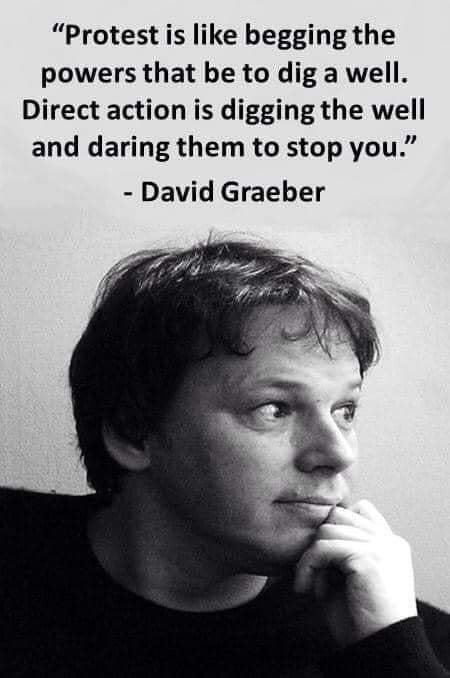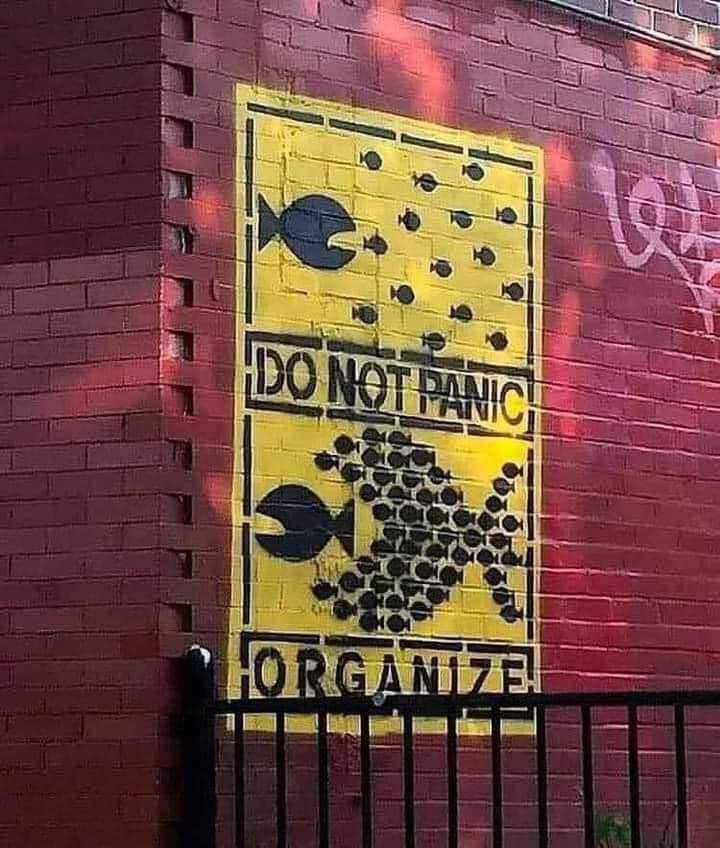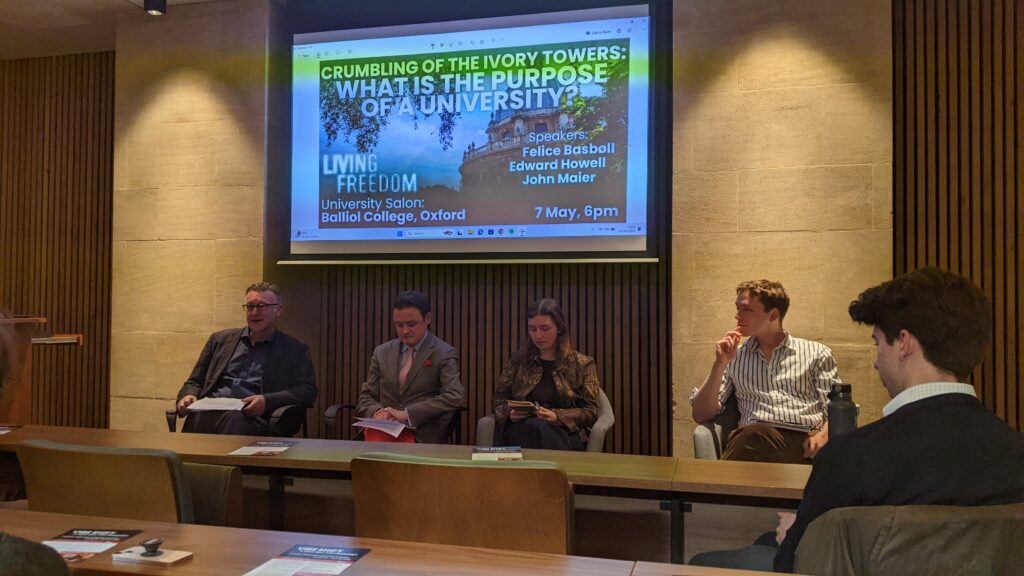The current ecosystem of alternative and grassroots media is too narrow in its imagination of what media could, and should, be. There’s a persistent naivety or, in some cases, a self-serving dishonesty. Many of the most “successful” progressive media groups continue to mimic #traditionalmedia without understanding, or addressing, the fact that they do not control their distribution. In effect, they’re renting space in someone else’s empire.
This is not just a mistake. It’s the same mistake that corporate media has been making for years: relying entirely on the #dotcons, especially Google/Meta/Facebook, to reach people. The algorithms shape the message. The gatekeepers never disappeared, they were replaced by code, powered by ad dollars.
Where are we now? Most grassroots and alt-media outlets do have websites, which means they technically sit on the #openweb. But their sites rarely, if ever, link to other alt-media projects. Despite the rhetoric of solidarity, there is little visible network of mutual support, not even basic hyperlinking between allies.
They podcast, another foot in the #openweb. Yet their outreach and engagement still happen inside #silos like Spotify, YouTube, and Apple Podcasts. In practice, this reinforces the #deathcult’s control of visibility. You can’t build a new world inside the structures of the old, not if the old is designed to undermine you. Why is this mess happening? Two dominant forces are shaping this failure:
- On the big scale, we have the #Fashernista embrace of the #dotcons
Many alt-media producers came of age inside the mainstream tech stack. They built their platforms and careers inside the same closed systems they claim to challenge. Their political commitments might be radical, but their infrastructure choices are entirely conventional. This is the liberal, capitalist version of #mainstreaming – reform, not replacement.
- On the small scale, #Encryptionist obsession and the #geekproblem
At the other extreme, we have alt-tech projects so obsessed with privacy and control that they create pointless parallel networks that no one uses. They fetishize encryption and “clean standards” over actual human use. The result is tech that is “safe” but irrelevant, drifting into a shrinking ghetto of #stupidindividualism. This is the libertarian version of #mainstreaming – escape, not engagement.
The has been practical work on the ground, over the last years an #openweb tech revolution built around ActivityPub and Fediverse, with projects like Mastodon, which in theory is guided by the #4opens. Yet, despite this, we still hit a wall of self-interest, naivety, and careerist short-termism from the media groups and meany individuals inside this movement.
What can we do? The web is made of links, the #openweb dies without them. If alt/grassroots media want to be part of the solution, they must start acting like a network. A simple step is to start linking to each other. Publicly. Repeatedly. On websites. On blogs. On Fediverse accounts. Use hashtags. Use lists. Tag each other. Cross-publish when relevant. This one act can change the ecosystem.
To solidify this, it’s past time for a new alt-media reboot, a small crew of linked-up, working examples that can pull others onto a sustainable, #openweb path. A real, living network of trust and mutual visibility. If we can show what’s possible, by doing it, we might begin to shift the culture. Let’s find the hopeful, grounded people to help shovel this forward.
If you’re interested in building the open media commons, join the #OMN conversation at https://unite.openworlds.info/explore/organizations to “Make the world you want to see.” or splash some dosh here https://opencollective.com/open-media-network we will make good use of it
The #OMN really complex? It’s not in the code – it’s in us. Let’s be blunt:
The Outside Threats:
The #dotcons (Facebook, Google, Amazon, etc.)
Surveillance capitalism
Attention farming
Closed distribution algorithms
Platform lock-in
The Internal Saboteurs:
Encryptionist geeks obsessed with crypto but forgetting human users
NGO social media managers who talk community but build silos
Process vampires who kill projects by committee
Fashionistas who follow hype cycles and abandon working tools for shiny vaporware
The #OMN is native to none of these tribes. That’s its strength. But also why it’s often ignored or misunderstood. No permissions, no gatekeeping, no central database. It just works. That’s the #KISS principle: Keep It Simple, Stupid.
None of the usual suspects like this: Geeks: Don’t like using old tools like RSS or thinking socially. Politicos: Prefer being seen at the cutting edge, even if it leads nowhere. NGOs: Want measurable outcomes, not messy grassroots growth. But we need to stop building castles in the sky. Start building bridges instead.
The real block? The mental model of our tech and political culture. We’re still thinking in terms of silos, ownership, and control.




